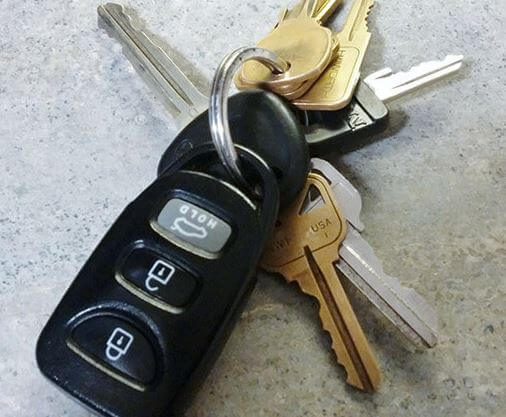Many saw mental health concerns as the hidden cost of the coronavirus pandemic and the subsequent lock-downs. Yet at least in terms of suicide, NSW residents have actually fared relatively well.
That’s according to recent data on suicides in the state. In the 12 months to November 2020, a period encompassing much of the bushfires and then the Covid-19 pandemic – the number of suicides decreased to 807. This is 46 less, or a 5% reduction, in comparison with the preceding year. Suicide rates in Victoria and Queensland, as well as in NSW in the 12 months to September 2020, were steady in comparison with the year prior.
The ongoing trend towards increasing awareness of mental health issues over the past decade has undoubtedly accelerated this year, built on concerns about the consequences of not only fear of the virus but also social isolation. Lifeline recorded a 20% increase in calls this year, and it is remarkable that this translated into less rather than more suicides for the year in NSW, and no increase in the other eastern states.
Sadly, the same cannot be said of domestic violence in 2020. Five per cent of Australian women experienced violence from a current or former partner this year, and six per cent experienced physical coercion, according to the Australian Institute of Criminology. One social worker in women’s health and safety told The Guardian, “2020 will be remembered as the worst year for domestic violence that any of us who are in the sector now have ever experienced.” All states have recorded increases in domestic violence-related criminal cases, as well as calls to counselling and other support services.

There has been undeniable progress in social awareness around suicide and depression in recent years. While awareness in and of itself is no silver bullet, the gains made around suicides during such a challenging year suggest there is plenty more to be done for women and children affected by domestic violence.